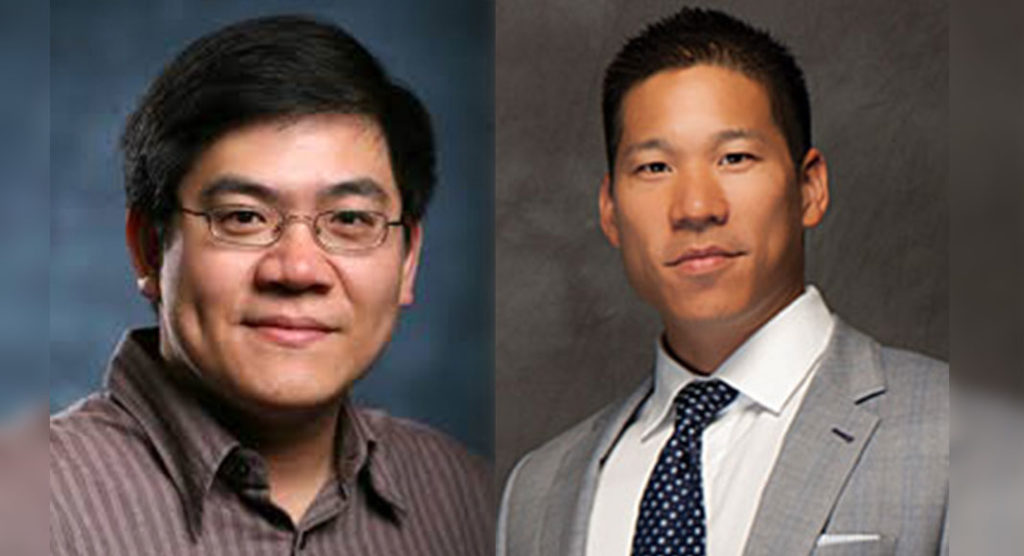
Mega Doctor News
HOUSTON – University of Houston engineering researcher Wei-Chuan Shih has been awarded $2.7 million from the National Institute of Biomedical Imaging and Bioengineering to detect cancer biomarkers in blood by counting exosomes. Known as “liquid biopsy,” the process, which requires only a simple blood draw, can improve the accuracy of measuring nearly invisible minimal residual disease (MRD) in cancer tumors.
Circulating tumor exosomes (CTE) are excreted by cells and contain surface proteins and genetic materials (DNA and RNA) that reflect the characteristics and make-up of the parental cell. Cancerous tumors send them off into the bloodstream in mass quantities.
“A CTE assay is virtually non-invasive and can be performed at small clinics more frequently than tissue biopsy. Therefore, it could provide “real-time” tumor status monitoring with respect to treatment and for MRD applications,” said Shih, professor of computer and electrical engineering. “Unlocking the wealth of information in CTE can potentially cause a paradigm shift.”
Exosomes have been cruising under the radar for a long time because they are small and there are many other circulating vesicles of similar sizes with similar structures, plus they’ve always been considered cellular waste. But they are now having their moment, due to their potential to complement or even outperform other circulating biomarkers such as circulating tumor cell (CTC), circulating tumor DNA (CTDNA), and traditional circulating protein biomarkers, which also aim to survey the tumor information from the blood.
Plus, blood draws do not require large equipment, and the exosomes can eventually read the tea leaves.
“A CTE assay can be carried out even before any sizable tumor is identified thus providing unprecedented early detection power and capture the golden time window for treatment decision,” said Shih.
Shih’s immediate goal is to obtain a high-resolution, digital exosome map with both multiplex surface protein and cargo D/RNA biomarker profiles.
“The proposed technology will become a cost effective, point-of-care-friendly, translational platform that will address a critical need in early cancer and MRD detection to improve cancer healthcare outcomes. The technology can also be broadly applied to exosome-based diagnostics of non-cancer diseases and basic biomedical research,” said Shih.
Shih’s team includes Steven Lin, M.D., a physician-scientist and radiation oncologist at University of Texas M.D. Anderson Cancer Center.









